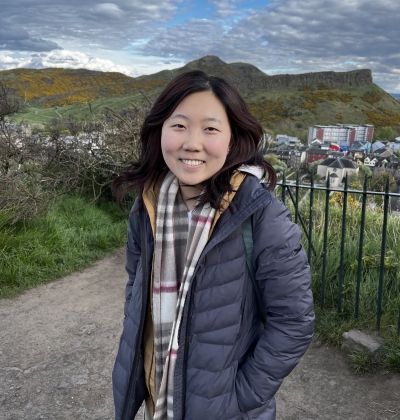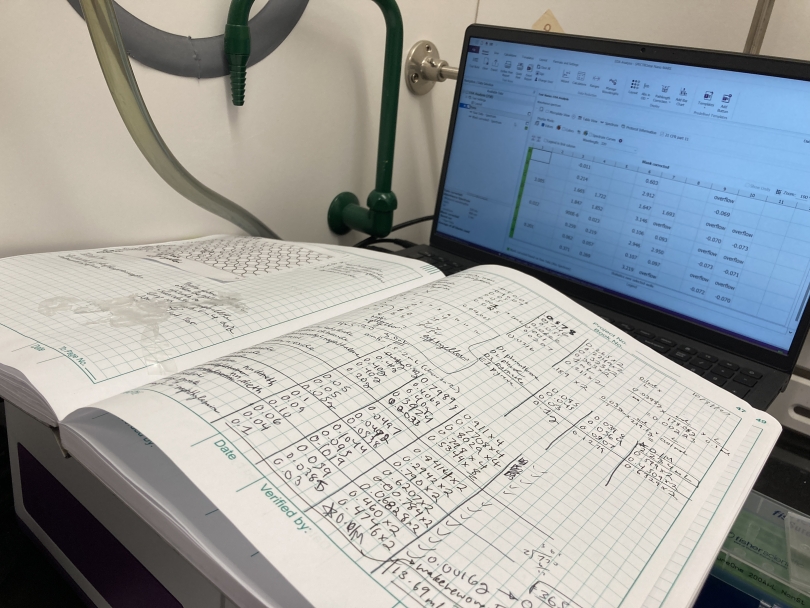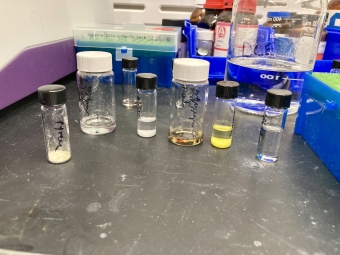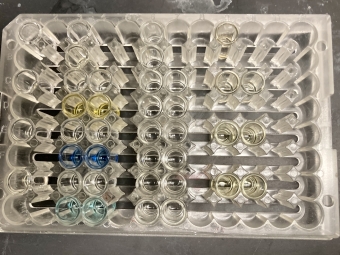
Organic Chemistry Research at Dartmouth
Research can be a core factor in university decisions. Do they have good research opportunities? Whenever I was on a campus tour for a small school or a big one, there was always a section dedicated to research on the campus.
What's unique about Dartmouth's research? At Dartmouth, I feel that one doesn't have to sacrifice an intimate, liberal arts education with a small student body and high-quality research opportunities. People conduct research with undergraduate professors, with researchers at the Geisel School of Medicine, Dartmouth Engineering, and more. When I talk to my peers about research, the process is often similar: they had a professor they liked or found a research project they found fascinating on the internet, reached out through email or an in-person meeting, and began to be a part of their research project!

My process started a little differently—I started research with WISP (Women in STEM Project) in the winter of my first year. WISP allows female-identifying students to begin research in the winter term of their first year, matching students with a research project that they express interest in to gain exposure and experience in research. After expressing interest in an organic chemistry lab, I got matched to one, and I've been working there since last winter term!
Note: the WISP only goes to the end of the students' spring term. I elected to continue research with the same professor this fall, but many students change research projects throughout their time at Dartmouth!
What do I do? I've been on a research project working to identify and computationally predict electron-donor-acceptor complexes to find ones that may be helpful in molecule synthesis! Admittedly, I didn't know much about the subject going in—I've learned a lot more by working in the lab and taking the Organic Chemistry class, but my primary investigator (my professor) has always been eager to explain the concepts. My work in the lab this term has consisted of creating these complexes and recording them to make sure that the data that was collected in previous years is accurate.


My commitment to this project is a required ten hours per week; I typically go into the lab for about 3-4 hours in the afternoon, three times a week. It is a significant amount of time, but with mindful time management, I've found the schedule manageable!
I've learned a lot from working in the research lab—I've gotten a bit more experience in interpreting and applying code, organizing and collecting accurate data, and general lab techniques as well. Even if I don't pursue chemistry in the future, I'll carry the experiences I've learned from here into any future projects I seek!


















